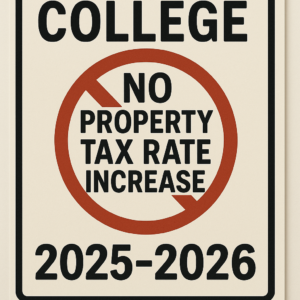Lockdown lifted and all clear given at 11:00 a.m. Monday, May 19
A lockdown affecting all Yavapai College campuses was lifted late Monday morning following an early morning threat made by phone. According to various news reports, at approximately 4:15 a.m., a caller claimed to be inside a Yavapai College classroom with a firearm, prompting a rapid response from multiple law enforcement agencies and the immediate lockdown of all college locations.
Authorities conducted thorough searches of each of the college’s seven sites, including those in Prescott, Prescott Valley, Chino Valley, Clarkdale, Prescott Pines, and Sedona. While students, employees, and the public were instructed to avoid the campuses, no threat was ultimately found, and the all-clear was issued around 11 a.m. Despite this, college officials decided to keep all campuses closed for the remainder of the day as a precaution.
In a statement, a Yavapai College spokesperson expressed gratitude to the community for their patience and to law enforcement for their swift and coordinated response. The college emphasized its commitment to safety and praised the continued collaboration with first responders in protecting students, staff, and the public.
Eye on Yavapai College
Copyright © 2025 All Rights Reserved
Statement from Yavapai College
Around 4:15 a.m. today, all Yavapai College campuses and centers were placed on lockdown due to a threat received by phone of an individual claiming to be in a Yavapai College classroom with a firearm. Multiple Yavapai County law enforcement agencies, along with Yavapai College Campus Safety, responded and thoroughly cleared all seven college locations, which include Prescott, Clarkdale, Prescott Valley, Chino Valley, the Career and Technical Education Center, Sedona, and Prescott Pines. The threat was found to be unsubstantiated, and there were no injuries.
The investigation is still ongoing.
We appreciate your patience and understanding as our first responders worked to ensure everyone’s safety, and we thank our law enforcement agencies for their coordinated efforts and quick and efficient response.
Thank you to the law enforcement agencies for their continued collaboration in keeping our employees, students, and community members safe.
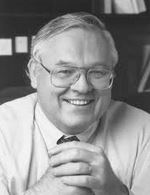

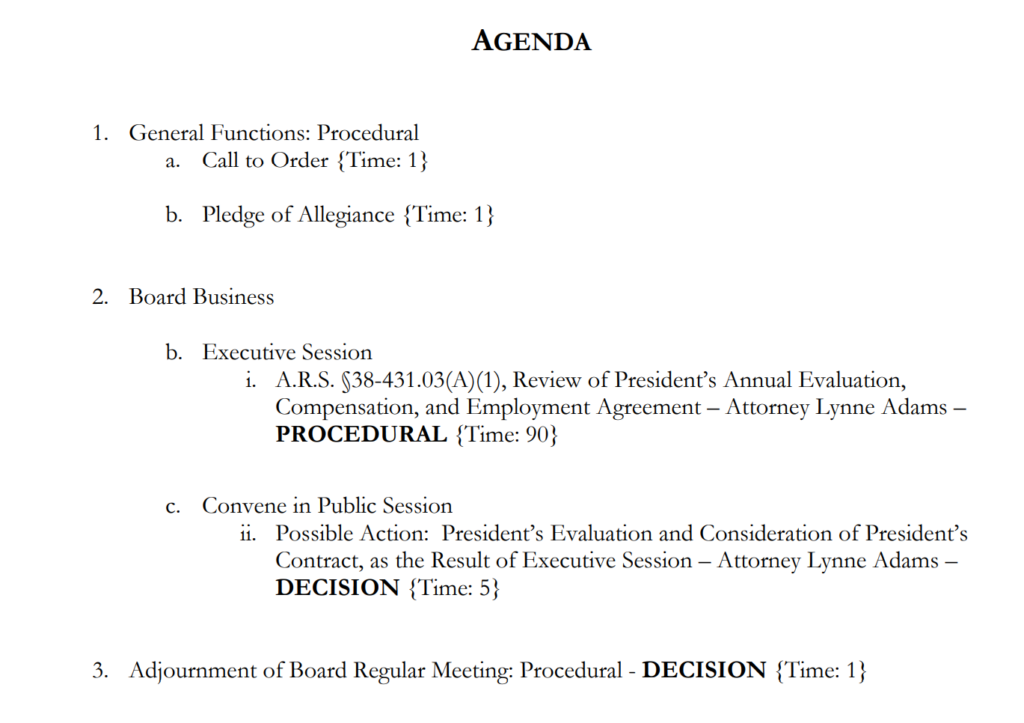
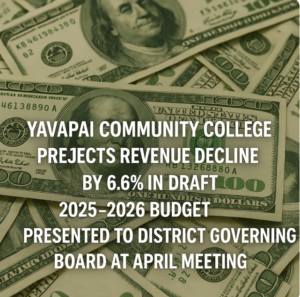 Yavapai Community College’s total revenue is projected to decline in the 2025–2026 draft budget. According to information presented to the District Governing Board at its April meeting, revenue is expected to fall from approximately $126.8 million in 2024–2025 to around $118.4 million in 2025–2026—a decrease of $8.4 million (6.6%).
Yavapai Community College’s total revenue is projected to decline in the 2025–2026 draft budget. According to information presented to the District Governing Board at its April meeting, revenue is expected to fall from approximately $126.8 million in 2024–2025 to around $118.4 million in 2025–2026—a decrease of $8.4 million (6.6%).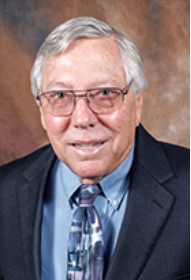
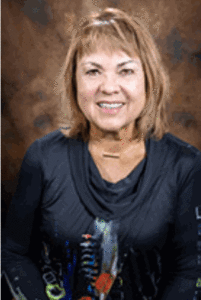
 The Yavapai Community College leadership announced at the April District Governing Board meeting that it was discontinuing its financial support for the “Workforce Promise” program. The program, announced with great fanfare in June 2022, was designed to provide Yavapai County students, of any age, the chance to earn a two-year degree in a variety of trades, tuition-free. The “Promise Program, which excludes the trades, will continue.
The Yavapai Community College leadership announced at the April District Governing Board meeting that it was discontinuing its financial support for the “Workforce Promise” program. The program, announced with great fanfare in June 2022, was designed to provide Yavapai County students, of any age, the chance to earn a two-year degree in a variety of trades, tuition-free. The “Promise Program, which excludes the trades, will continue. During the May 3 graduation ceremony on the Verde Valley campus, Yavapai Community College President Dr. Lisa Rhine highlighted the wide age range of students attending the Community College’s seven campuses and centers. The impact of its work with high school students was especially evident, with 159 graduates under the age of 18 receiving certificates and degrees this year.
During the May 3 graduation ceremony on the Verde Valley campus, Yavapai Community College President Dr. Lisa Rhine highlighted the wide age range of students attending the Community College’s seven campuses and centers. The impact of its work with high school students was especially evident, with 159 graduates under the age of 18 receiving certificates and degrees this year. At its April 2025 meeting, Yavapai Community College (YCC) leadership informed the District Governing Board that the College expects to spend $900,000 or more on athletic department improvements. The improvements include the purchase of a new bus and the repurposing of the baseball field—potentially with the installation of artificial turf.
At its April 2025 meeting, Yavapai Community College (YCC) leadership informed the District Governing Board that the College expects to spend $900,000 or more on athletic department improvements. The improvements include the purchase of a new bus and the repurposing of the baseball field—potentially with the installation of artificial turf.